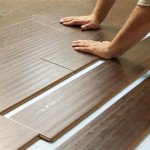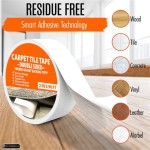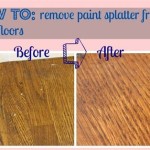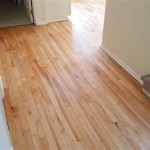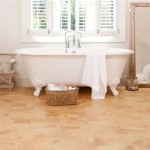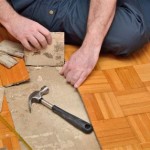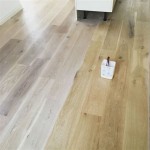The Essential Pros and Cons of Brick Flooring Costs
Brick flooring, with its timeless charm and durability, has solidified its presence in the world of interior design. However, before embarking on a brick flooring renovation, it is crucial to carefully consider the potential costs involved. In this article, we will delve into the advantages and disadvantages of brick flooring costs to help you make an informed decision that aligns with your budget and preferences.
Pros:
1. Durability and Longevity:
Brick floors are renowned for their exceptional resilience and ability to withstand wear and tear. They are impervious to water, stains, and scratches, making them a suitable choice for high-traffic areas such as entryways and kitchens.
2. Aesthetic Appeal:
The rustic and earthy tones of brick can add a touch of character and warmth to any space. The varied textures and colors of bricks allow for endless design possibilities, enabling you to create a unique and eye-catching floor.
3. Low Maintenance:
Brick flooring requires minimal maintenance. Routine sweeping or mopping is sufficient to keep it looking its best. Additionally, their durability eliminates the need for frequent repairs or replacements.
Cons:
1. High Installation Cost:
Installing brick flooring can be labor-intensive and requires specialized skills. The cost of materials and labor can escalate quickly, making it an expensive flooring option.
2. Coldness:
Brick, being a natural material, has low thermal insulation properties. During cold seasons, brick flooring can feel chilly underfoot, necessitating the use of rugs or underfloor heating systems.
3. Uneven Surface:
Bricks have an irregular surface, which can create an uneven floor. This can be a tripping hazard, especially for the elderly or individuals with mobility issues.
Additional Factors to Consider:
Beyond the basic pros and cons, there are other factors that can impact brick flooring costs:
1. Brick Quality:
The quality of the bricks used significantly influences the cost. Higher-quality bricks are more durable and less likely to crack or chip, but they also come at a premium price.
2. Pattern and Complexity:
The pattern and complexity of the brickwork can affect labor costs. Laying intricate patterns or creating custom designs requires more skill and time, increasing the overall cost.
3. Labor Availability:
The availability of qualified bricklayers in your area can impact the cost of installation. In regions with high demand, labor rates may be higher.
Conclusion:
Whether brick flooring is a suitable choice for your home depends on your budget, preferences, and lifestyle. While it offers durability, aesthetic appeal, and low maintenance, the high installation cost, potential coldness, and uneven surface should be carefully considered. By weighing the pros and cons and factoring in additional costs, you can make an informed decision that aligns with your financial capabilities and design aspirations.

Brick Flooring Read This Before You Buy Homeflooringpros Com

Brick Flooring Advantages And Disadvantages Happho

Brick Flooring Advantages And Disadvantages Happho

Brick Flooring Advantages And Disadvantages Happho

Brick Flooring Advantages And Disadvantages Happho

Brick Flooring Advantages And Disadvantages Happho
:max_bytes(150000):strip_icc()/brick-bigstock-6-56a2fc283df78cf7727b681f.jpg?strip=all)
An Overview Of Brick Flooring

Pavers Vs Concrete Differences Costs And Benefits Explained

Advantages And Disadvantages Of Using Bricks In Construction Uses S

Vinyl Flooring Pros And Cons Forbes Home
See Also
